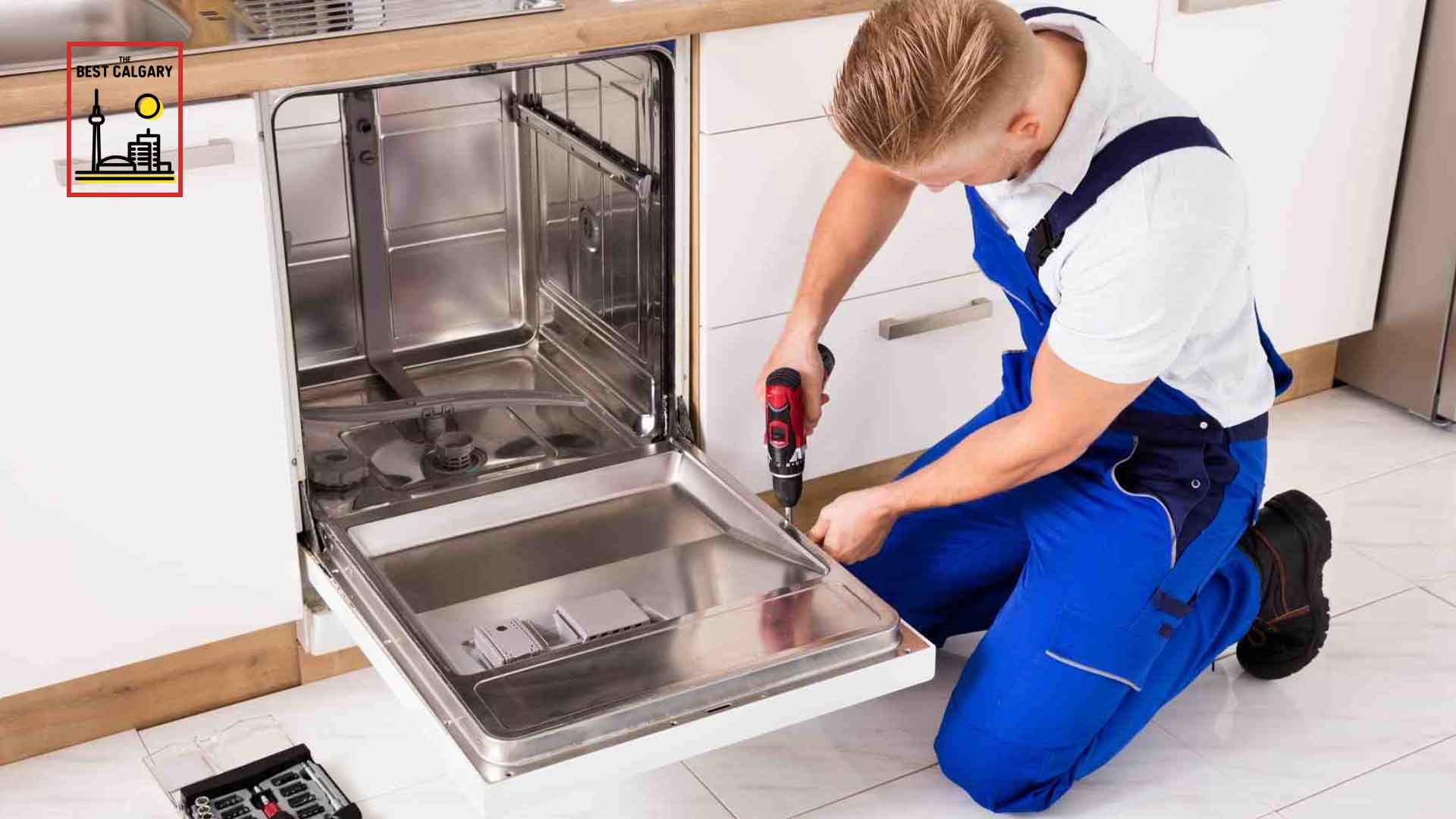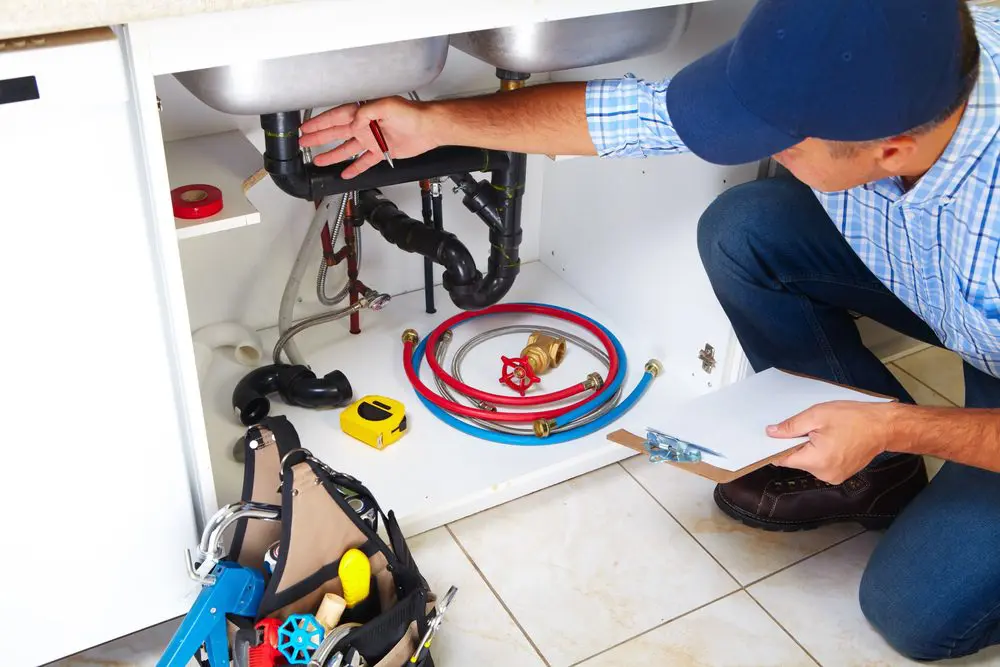They are making several great observations on the subject of Can Hard Water Ruin Your Appliances? as a whole in this content just below.

The key to long lasting devices, unsurprisingly, appertains maintenance. There's no set guideline that can guarantee your plumbing home appliances a long wear, yet you can prevent unneeded damages and also repairs by staying clear of negative plumbing habits.
You should quit doing these 6 points else you'll keep calling your plumber over for minor faults.
Flushing every little thing
Yes, your commode drain leads to the sewers, but that does not mean you should discard just anything away. Numerous 'flushable' materials are really great clog beginners, as an example floss. Asides keeping noticeable non-flushable products like cables as well as plastics out of your bathroom, you need to likewise prevent flushing cotton buds, menstruation items, wipes, daipers as well as prophylactics down the bathroom drain.
Putting grease in the sink
We know properly taking care of grease after a hearty meal is a discomfort. But merely putting it away can do long-term damage to your pipes. "The fat and also oil can clog your drainpipe badly sufficient to force you to call a plumber," clarifies Dawson. "Plumbing works best when it's well cared for-- not abused with grease."
Utilizing excessive drain cleaner
Utilizing a drainpipe cleaner greater than one or two times a month is a sign that something major is going on within your pipes. Now, instead of encountering the primary problem, you choose a quick fix; a fizzy drainpipe cleaner. Rightfully, a drain cleaner will look after the clog, yet at what price?
The chemicals in a drainpipe cleanser can quicken the deterioration of your pipelines. Include that to whatever underlying issue is causing the clog and also you may have to a significant issue on your hands.
If you experience too many obstructions, call your emergency plumber as opposed to making use of a drain cleaner.
Not rinsing recipes prior to loading them right into the dish washer
it's called a dishwashing machine, however tossing in recipes, pots, as well as frying pans covered in large food particles can really create some major damage to the home appliance, resulting in lasting problems down the line. "Home owners might have to obtain their dishwasher fixed more often if they do not wash their recipes prior to packing, or a minimum of get rid of bigger food pieces," explains Audrey Monell, proprietor of Forrest Anderson Plumbing as well as AC in Glendale, Arizona. "Food that obtains stuck on recipes creates the dish washer to work harder, which can wear down components faster, resulting in problems."
DIYing every little thing
With plumbing, a stitch in time truly does conserve nine. You can protect against a fullblown plumbing emergency by calling your plumber at the right time.
You might have discovered a few plumbing hacks from your papa, yet you should recognize where to draw a line and call an expert. As an example, you may have the ability to repair a clog on your own, but you shouldn't attempt to alter a pipe. You could mismatch pipelines or overtighten a screw, causing more injury and also damage than you assumed. Calling a plumber is a risk-free and affordable choice.
Not altering your dish washer hose pipes
One very easy method to guarantee that you use your dishwasher for many years is to replace the hose at least once in 5 years. This additionally requests washing maker hose pipes.
Over time, food fragments, soap as well as oil can develop blockages within your pipelines. Replacing them on time will protect against any kind of presure develop that can damage the interior workings of your dishwasher or washing equipment.
A strengthened steel entwined tube does a wonderful job of lengthening your equipment's use time.
No winter precautions
Severe climate condition misbehave for your pipes, specifically if they're constructed from steel. You need to shield your revealed pipelines, as well as your water tank, even if you have a water heater. You must additionally turn off your garden tube shutoff as well as any other exterior water networks. These channels are outlets for chilly; you pipes can begin to ice up from outside if you do not.
How Hard Water Damages Your Plumbing and Appliances
Hard water is no stranger to most households across America. This silent invader affects 85% of homes in the United States every day, wreaking havoc on pipes, plumbing fixtures, and water-using appliances.
Should you become a victim of hard water, you must understand exactly what it is and how it affects your plumbing and appliances. This will help you determine the correct measures to put in place to fix or prevent any problems that may arise.
First off, what exactly is “hard” water?
In short, “hard water” is used to describe water that contains relatively high amounts of dissolved minerals, primarily calcium and magnesium, and a host of trace metals. When rainwater falls from the sky (usually in a pure form), it absorbs the hardness minerals from rocks and soil, which changes it from soft to hard water.
What about my plumbing and appliances?
Mineral deposits from hard water can cause buildup on tubs, shower, sinks, faucets. But that’s only a small scratch of the surface. Those minerals can gradually build up inside pipes, fixtures, water heaters, washing machines, and dishwashers. Once they accumulate in those areas, they can clog pipes and create major problems throughout your plumbing system, from reduced water flow to increased pressure on pipes and fixtures.
This limescale buildup might affect some appliances, causing them to operate less efficiently and wear down faster. And the result? Higher energy bills, more (costly) plumbing replacements and repairs, and damaged appliances.
Keep in mind that certain types of plumbing are more susceptible to clogging than others. Copper, PVC, and PEX pipes are more resistant to hard water buildup and corrosion, but they can still get clogged or completely blocked by scale deposits.
How do I know if my water is hard?
White limescale buildup on plumbing fixtures (or any of the other signs mentioned above) is usually a good sign that your water is hard. If you suspect that you have hard water, you can simply shake up a small amount of dish soap and water in a closed container. If the mixture doesn’t create a lot of suds, you probably have hard water.
The most precise method, however, is to test your water with a DIY test kit (sold online or at local home centers or hardware stores) or send a water sample from your tap to a local lab to be tested. Be sure that you understand the nature of the test, the water condition being measured, and the significance of the test results.
Another way to obtain an estimate of water hardness is to check your annual water quality report to see if your water provider has reported any instance(s) of water hardness in your water supply.
https://www.springwellwater.com/how-hard-water-damages-your-plumbing-and-appliances/

Do you appreciate reading up on Leak Detection and Repair Without Destroying Your Home? Post a remark down below. We will be glad to know your thinking about this write-up. In hopes to see you back again in the near future. Sharing is good. You just don't know, you may very well be doing someone a favor. I value reading our article about Don’t Let an Earthquake Damage Your Plumbing.
Click Here!
Comments on “Six Most Common Risks To The Home Plumbing Fixtures”